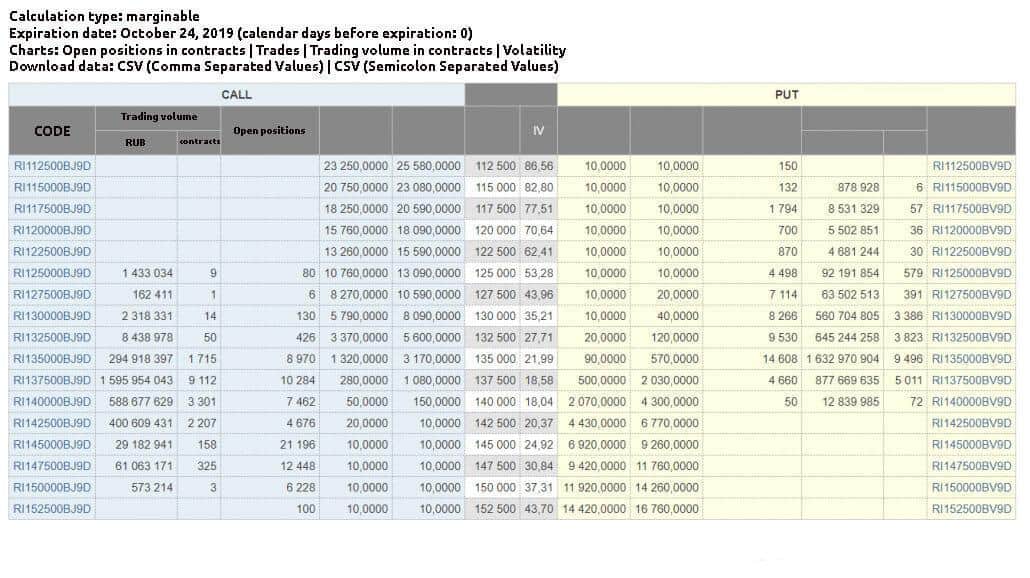
WPC is the safest high yield REIT in the market today, with a 23-year streak of dividend increases. The stability of the company's business model is evident as it has continued to increase its cash flow per share in lockdowns. The company is expected to collect 96% of rents in April and May of 2020, which easily covered last year's dividend. WPC anticipates that it will maintain a payout rate of 85%.
Medical Properties Trust (NYSE, MPW)
Medical Properties Trust (NYSE; MPW) may be a good option for you if you are looking to invest in long-term income and find a high-yield REIT. The trust owns the largest number of hospitals in the world, and the majority of its revenues come from rent. Its low P/E ratio of 9.64 translates to a high yield for investors. Its dividend increase has driven its current price to record heights over the past year, so you will likely receive a nice yield for now.
The stock has fallen 35% since its high as of today. This is due to a selloff within the REIT sector triggered by higher interest rates. The value of REIT shares drops when investors attempt to mitigate the increased risk by raising interest rates. However, the REIT's current dividend yield is 7%, up from 5% in last year. This gives it excellent prospects of continued growth.

Alexandria (ARE)
Alexandria Real Estate Equities, Inc. is a pioneering owner, operator, developer, and investor focused on agtech, life science, and collaborative campuses. Barron's has recognized it as a "Global Sector Leader" for its business model, which is built around four verticals. Fitwel Life Science certification has been awarded to the company, which emphasizes tenant safety. GRESB has awarded the company the highest five-star rating for development-stage buildings.
Investors should be aware that Alexandria has increased its quarterly dividend by 2.6%. Alexandria will be the 66th equity REIT that has raised its dividend in 2018. The company has raised its dividend for the past decade, and this latest hike represents a forward yield of 2.8%. It is also the third consecutive dividend increase for the company. Alexandria is the 66th equity REIT that has raised its dividend in the past three years.
Alexandria (REIT)
Alexandria (REIT) is a real-estate investment trust that offers rental space in high tech, life science and agtech cities. The properties owned by the company are similar to those held by other REITs, both in terms of how they attract tenants and the economic characteristics they reside in. These companies include publicly traded biotechnology and multi-national pharmaceutical companies.
The REIT is heavily dominated by research and life science companies. It currently has 36 million square feet under lease and another 3.4million square feet under construction. Moderna and GlaxoSmithKline are the largest 20 tenants. The company's cash flow has increased by 100 percent in the past five year. The dividend will likely rise due to its strong cash flow. The lease agreements of the company usually contain clauses that provide for an annual rent increase of about three percent.

SBA Communications (NYSE VNQI).
SBA Communications (NYSE; VNQ) a reit whose focus is on the development of macro tower infrastructure. Since 1989, the company has expanded to 16 markets including the United States of America, Latin America and the Philippines. Jeffrey Stoops is the CEO and says that the company is witnessing "very strong market demand" and is working on clearing its backlog. This should continue supporting growth through 2023.
Although the market has been under pressure following recent volatility, investors should not be too cautious. Instead, they should look for a quarter that is "beat and raised" from cell tower REITs. SBA Communications and other inflation-hedged REITs are attractive investments, as their international leaseescalators are linked with local CPI. American Tower raised its full year revenue guidance and AFFO Growth Guidance.
FAQ
How do you choose the right investment company for me?
Look for one that charges competitive fees, offers high-quality management and has a diverse portfolio. Fees vary depending on what security you have in your account. Some companies don't charge fees to hold cash, while others charge a flat annual fee regardless of the amount that you deposit. Others charge a percentage of your total assets.
Also, find out about their past performance records. A company with a poor track record may not be suitable for your needs. Avoid companies that have low net asset valuation (NAV) or high volatility NAVs.
Finally, it is important to review their investment philosophy. To achieve higher returns, an investment firm should be willing and able to take risks. If they are unwilling to do so, then they may not be able to meet your expectations.
What is security in the stock market?
Security can be described as an asset that generates income. The most common type of security is shares in companies.
There are many types of securities that a company can issue, such as common stocks, preferred stocks and bonds.
The earnings per share (EPS), as well as the dividends that the company pays, determine the share's value.
You own a part of the company when you purchase a share. This gives you a claim on future profits. If the company pays a payout, you get money from them.
You can always sell your shares.
Can bonds be traded?
They are, indeed! You can trade bonds on exchanges like shares. They have been doing so for many decades.
They are different in that you can't buy bonds directly from the issuer. They must be purchased through a broker.
It is much easier to buy bonds because there are no intermediaries. This means you need to find someone willing and able to buy your bonds.
There are many different types of bonds. Different bonds pay different interest rates.
Some pay interest annually, while others pay quarterly. These differences make it possible to compare bonds.
Bonds are a great way to invest money. In other words, PS10,000 could be invested in a savings account to earn 0.75% annually. The same amount could be invested in a 10-year government bonds to earn 12.5% interest each year.
If you put all these investments into one portfolio, then your total return over ten-years would be higher using bond investment.
Why is a stock called security.
Security is an investment instrument whose value depends on another company. It could be issued by a corporation, government, or other entity (e.g. prefer stocks). The issuer can promise to pay dividends or repay creditors any debts owed, and to return capital to investors in the event that the underlying assets lose value.
What is a Stock Exchange?
A stock exchange allows companies to sell shares of the company. This allows investors the opportunity to invest in the company. The price of the share is set by the market. It is usually based on how much people are willing to pay for the company.
The stock exchange also helps companies raise money from investors. To help companies grow, investors invest money. Investors buy shares in companies. Companies use their money in order to finance their projects and grow their business.
There are many kinds of shares that can be traded on a stock exchange. Some are called ordinary shares. These shares are the most widely traded. Ordinary shares are bought and sold in the open market. Prices of shares are determined based on supply and demande.
Preferred shares and debt security are two other types of shares. When dividends become due, preferred shares will be given preference over other shares. If a company issues bonds, they must repay them.
Statistics
- Individuals with very limited financial experience are either terrified by horror stories of average investors losing 50% of their portfolio value or are beguiled by "hot tips" that bear the promise of huge rewards but seldom pay off. (investopedia.com)
- Ratchet down that 10% if you don't yet have a healthy emergency fund and 10% to 15% of your income funneled into a retirement savings account. (nerdwallet.com)
- For instance, an individual or entity that owns 100,000 shares of a company with one million outstanding shares would have a 10% ownership stake. (investopedia.com)
- US resident who opens a new IBKR Pro individual or joint account receives a 0.25% rate reduction on margin loans. (nerdwallet.com)
External Links
How To
How to Trade in Stock Market
Stock trading refers to the act of buying and selling stocks or bonds, commodities, currencies, derivatives, and other securities. Trading is a French word that means "buys and sells". Traders trade securities to make money. They do this by buying and selling them. This is the oldest form of financial investment.
There are many ways to invest in the stock market. There are three main types of investing: active, passive, and hybrid. Passive investors do nothing except watch their investments grow while actively traded investors try to pick winning companies and profit from them. Hybrid investors take a mix of both these approaches.
Passive investing can be done by index funds that track large indices like S&P 500 and Dow Jones Industrial Average. This approach is very popular because it allows you to reap the benefits of diversification without having to deal directly with the risk involved. You just sit back and let your investments work for you.
Active investing is the act of picking companies to invest in and then analyzing their performance. Active investors look at earnings growth, return-on-equity, debt ratios P/E ratios cash flow, book price, dividend payout, management team, history of share prices, etc. They then decide whether or not to take the chance and purchase shares in the company. If they feel the company is undervalued they will purchase shares in the hope that the price rises. If they feel the company is undervalued, they'll wait for the price to drop before buying stock.
Hybrid investing blends elements of both active and passive investing. Hybrid investing is a combination of active and passive investing. You may choose to track multiple stocks in a fund, but you want to also select several companies. You would then put a portion of your portfolio in a passively managed fund, and another part in a group of actively managed funds.